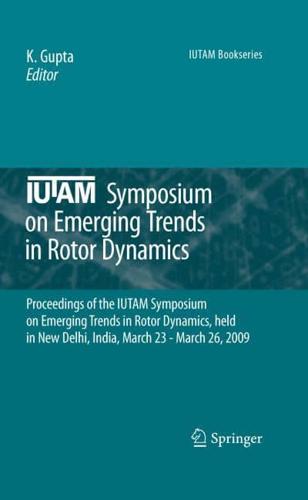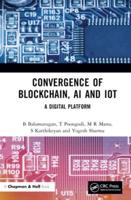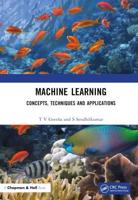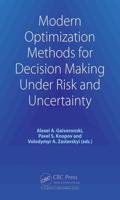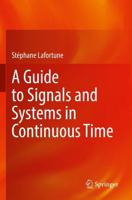Publisher's Synopsis
Rotor dynamics is an important branch of dynamics that deals with behavior of rotating machines ranging from very large systems like power plant rotors, for example, a turbogenerator, to very small systems like a tiny dentist's drill, with a variety of rotors such as pumps, compressors, steam/gas turbines, motors, turbopumps etc. as used for example in process industry, falling in between. The speeds of these rotors vary in a large range, from a few hundred RPM to more than a hundred thousand RPM. Complex systems of rotating shafts depending upon their specific requirements, are supported on different types of bearings. There are rolling element bearings, various kinds of fluid film bearings, foil and gas bearings, magnetic bearings, to name but a few. The present day rotors are much lighter, handle a large amount of energy and fluid mass, operate at much higher speeds, and therefore are most susceptible to vibration and instability problems. This have given rise to several interesting physical phenomena, some of which are fairly well understood today, while some are still the subject of continued investigation. Research in rotor dynamics started more than one hundred years ago. The progress of the research in the early years was slow. However, with the availability of larger computing power and versatile measurement technologies, research in all aspects of rotor dynamics has accelerated over the past decades. The demand from industry for light weight, high performance and reliable rotor-bearing systems is the driving force for research, and new developments in the field of rotor dynamics.
The symposium proceedings contain papers on various important aspects of rotor dynamics such as, modeling, analytical, computational and experimental methods, developments in bearings, dampers, sealsincluding magnetic bearings, rub, impact and foundation effects, turbomachine blades, active and passive vibration control strategies including control of instabilities, nonlinear and parametric effects, fault diagnostics and condition monitoring, and cracked rotors.
This volume is of immense value to teachers, researchers in educational institutes, scientists, researchers in R&D laboratories and practising engineers in industry.
